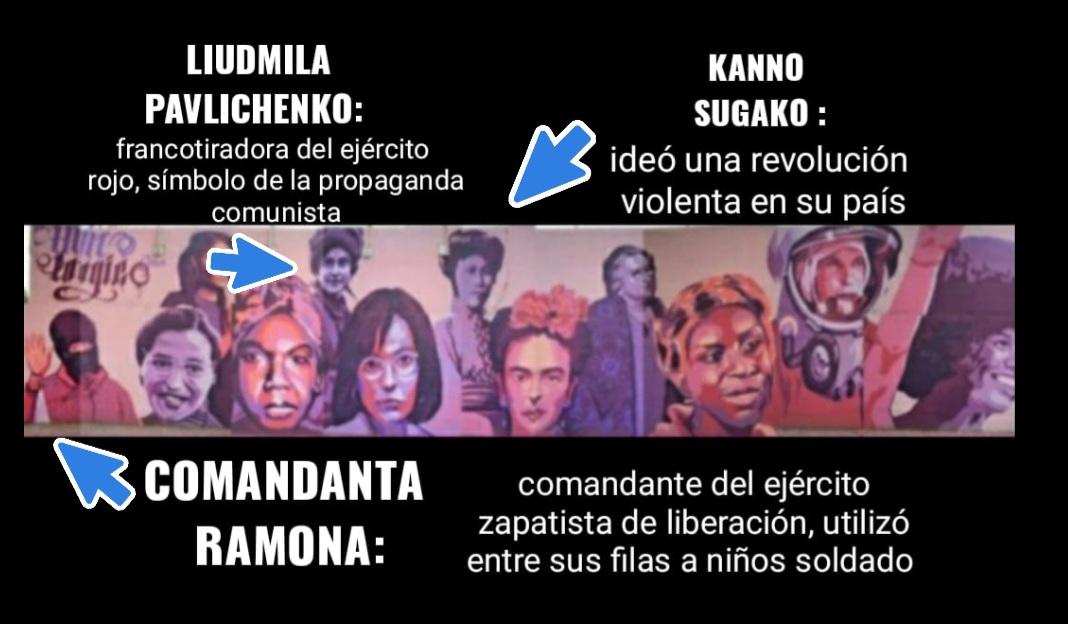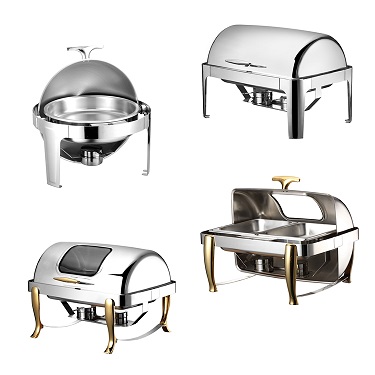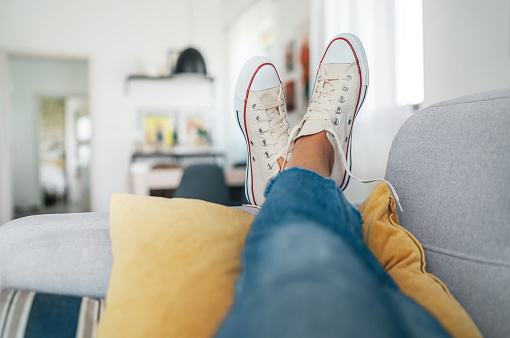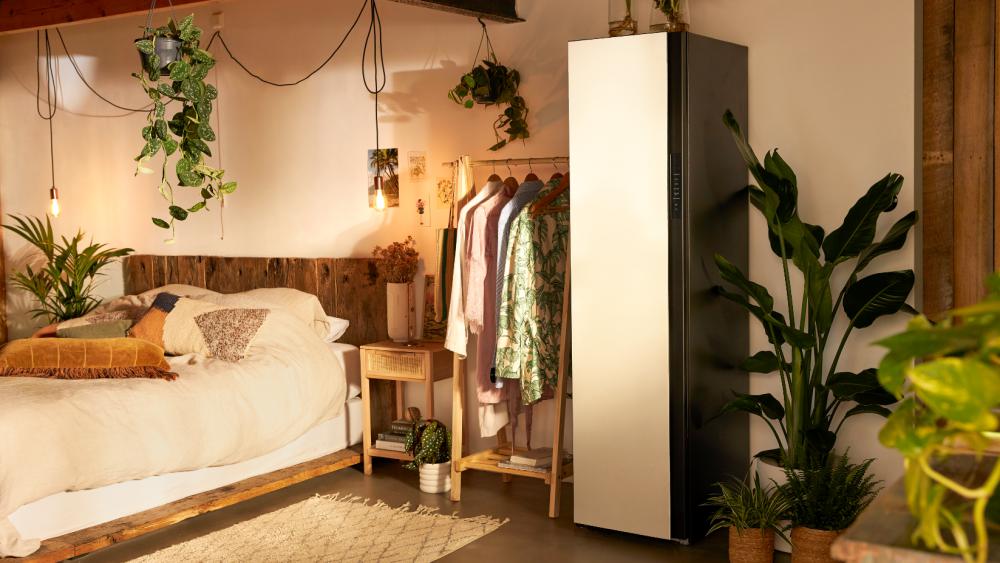Who has done the Ayuso campaign has been intelligent, but a scoundrel
There was a time when Ana Labordeta (Zaragoza, 1965) would have liked to have another last name. For example, a López or a Díaz with whom she will go unnoticed in places like the drama school in her hometown. "Well, you are here because you are the daughter of Labordeta," they told her. And it hurt. He came to Madrid and renounced his paternal blood.
Today his eyes light up when he remembers the singer-songwriter, writer and politician who encouraged him to open two bank accounts to better manage his money. "And that he was a disaster," he jokes. He has a corner at home that reminds him every day with a photo, a postcard he sent him from the island of Hierro, while he was recording the television program 'A country in the backpack', and a pen. “I have loved him so much that it seems nice to pay him that tribute. It comforts me," he says.
Labordeta abandoned Hispanic Philology when she saw that her thing was to be an actress. And she follows her there, after a career in which she has participated in series such as 'Velvet', 'Vis a vis', 'Amar es para siempre' and 'Madres'. "I'm not a famous actress, I'm a pick and shovel actress," she admits. He says that acting with Héctor Alterio in the theater with the play 'El padre', the same one that Anthony Hopkins and Olivia Colmann took to the cinema, is one of the best gifts that life has given him.
Questions. My best friend was also born in Zaragoza, and since I've known her, every time she wants to justify one of her decisions, she sums it up in a concise: “I'm from Aragon”.
Answer. Your friend has a bit of a nose, huh?
Q. Do you use it a lot?
R. As I get older, I realize that Aragon is very internalized, much more than I thought. The landscape, the north wind, the character... although there was a time when I moved away from my land, I distanced myself from it and from the surname Labordeta. That stayed with me for years, but I suddenly realized that it was all a lie.
Q. That is a matter of nostalgia, of absences, right?
R. It doesn't have so much to do with dad's absence, it's something that came before. When I came to Madrid, I wanted to know who I was, because being called Labordeta meant a lot and I had a very specific situation at the drama school. Someone told me: "Well, you entered because you were Labordeta's daughter." That at 18 years old was a stab wound everywhere. He had to know who he was and how much he was worth without endorsements. I came when I was 19 years old and that's when I cut everything. I stopped reading what my father and my uncle Miguel (poet of the postwar generation) wrote. After ten years I realized that I made the right decision, but links are links.
Q. You studied Hispanic Philology…
R. I really like literature and language, I am a great reader, but I did not choose it out of vocation, rather because within the possibilities that existed, it was the closest to me. But I didn't finish my degree, because at the same time I started studying Dramatic Art in Zaragoza and I think I went to college for three days. At home I saw both sides: the job security of my mother, who was a teacher, and then there was my father, taking his guitar to go around to give concerts.
Q. You opted for the uncertain…
R. Yes, because of the madness and the unstable, but I also chose passion and one of the most beautiful trades on the planet.
I remember seeing a play by Ariane Mushkin at the Théâtre du Soleil and saying to myself: “That's where I want to be”
Q. I'm going to ask you an unoriginal question. What actor or actress did you want to look like when you started?
A. I wanted to be Katherine Hepburn, Greta Garbo and Marilyn Monroe. But I remember that I saw a play by Ariane Mushkin at the Théâtre du Soleil and I said to myself: “That's where I want to be”. It was at the Avignon festival, a Shakespeare trilogy.
Q. When you come to Madrid, wanting to be called López, it was not easy for you…

R. I have wonderful memories of that time. I perfectly remember how I was dressed the day I took the train from Zaragoza to Madrid, with a cap and a black coat from my grandmother. I remember arriving at Chamartín after traveling five or six hours, and as soon as I stepped foot on that station I had the immediate feeling that Madrid was going to be my city.
I started studying with incredible people, like José Carlos Plaza, William Layton, Miguel Narros, and I discovered the profession. At first she slept in a windowless room on Calle del Prado, on top of a closet, but she was the happiest woman in the world.
Q. Do you live in the apartment on Gran Vía that was bought shortly after?
A. Yes, I love the center. The people, the night, the weekends. I love the stir. I have lived in the same house for 22 years, in a building on Infantas street. Of all of us who enter more or less at the same time, the only one who follows is me, I am already part of the landscape. Madrid can be a very aggressive city, but it still has that neighborhood thing, that essence.
Q. Yesterday I was walking through the area of the Monasterio de la Encarnación, so close to the bustle of Sol, and I saw several posters on the balconies lamenting that the residents of the center are being expelled. How do you assess the change in these two decades as a resident of that area?
R. Look, I'm telling you something that is purely sensitive. With this pandemic in my neighborhood, the noise that was the most present has disappeared: that of the wheels of the suitcases. It is an area that has been filled with tourist apartments, which is a business for many people, but if it is not regulated, it is terrible. It would have to be regulated in a very powerful way, because for the neighbors it can become unbearable. Small businesses have also disappeared, although there are bars that are still there despite the years. Well, everything evolves, for better and for worse. You see? Maybe that is nostalgia.
When I was little, my father was a man who went out to sing from town to town on Thursdays and came back on Sunday nights
Q. I know you love to walk with your dog Ara, but I would like us to talk about the walks you took with your father, José Antonio Labordeta.
R. It's that he was a walker.
Q. How did you feel about walking with someone so famous by your side?
R. Well, we had our stages (smiles). When I was little, my father was a man who went away on Thursdays to sing from town to town and came back on Sunday nights, and then he worked Monday, Tuesday and Wednesday. The one who raised us was my mother and my grandmother, so the weekend that my father did not have bowling, for me it was a party. I went with him by the hand and when we went with the Paseo de la Independencia in Zaragoza it was a horror. Because in addition to the fact that everyone knew him, he gave a lot to the boneless and he loved talking to everyone. That moment, which was for me, became that of the rest, so I had a terrible time.
Then that changed and I felt a lot of pride and admiration. People stopped him, smiled at him or looked at him sympathetically, and it was a great pride. My father was a very loved man, but I remember once when we were going down the Gran Vía in Madrid and I saw a man come with his wife. When he passed by my father he spat at his feet. You can't imagine how I got, Aragonese as your friend would say, all the north wind brought me up. But my father told me: "Calm down, it's okay." I'm winding up a lot, right?
Q. That's what we're here for, don't worry. His father did many things at one time and in a Spain with many shadows...
Let's be clear, they weren't shadows, it was a dictatorship. He had to play a lot with censorship, because today we are free, even if he plays with the word freedom. If you thought the same as the Regime you could say what you wanted, if not you could go to jail very easily. My father risked the guy many times, but he was lucky to get around with that. He did not spend the night of 23F at home, because he knew that if that went forward, he was on some lists. That is terrible and I feel lucky, because I have the information about what my loved ones have been through. My grandparents, my parents... It makes me very angry that there are young people who are unaware that until recently there was no freedom in this country. It outrages me that such a beautiful word that has cost deaths, fights, imprisonments, is handled. It hurts and it pisses me off. Whoever carried out Ayuso's electoral campaign has been very intelligent, but also a scoundrel.
Q. We were talking before about how you managed other people's fame, but let's talk about yours. You have done many things, but you can walk quietly down the street...
A. Yes, of course, totally. I am not a famous actress, I am a pick and shovel actress. My career has been developed fundamentally in the theater and not on TV, which is something immediate and that reaches a large audience. Come on, I can go down the street in panties and a bra and nothing will happen. If you do something specific, like the two years that I was in 'Amar es para siempre', they stop you, but it wasn't crazy either. Now with 'Mothers' too, but I'm not famous.
I see that there are people who are obsessed with fame and with social networks. They answer all the time, they react, they tell everything, and I think the danger is there today. I also think that specifically Instagram is very sexualized, so many filters, so much eternal youth... it seems unnecessary to me.
Q. Have you ever felt that age or image has been an obstacle in your career?
R. In this profession it matters a lot, although it took me a while to realize it. I always thought that the important thing was to be a great actress, and in fact I still do; and although in the theater the image matters less, in the cinema and on TV it weighs a lot.
I think it's very important to accept yourself for who you are. Therein lies the great secret of life, even if it cost me. I have a big nose, I'm short, I'm big-assed… but this is me and I like it, although the stars of the series and movies are always pretty and it's the canon that works. A woman turns years and gets old and a man, on the other hand, becomes mature and attractive. I think there is beginning to be a change and movements like #Metoo make there more diversity, but let's not let our guard down. You have to keep working and you have to be a feminist.
I'm a caregiver? Yes, and to great honor. I take care of my mother, my friends, my dog, and they take care of me. I give and I like to receive
Q. I don't know anyone who speaks ill of you. Do you feel loved in the profession?
A. A lot. I feel loved and very lucky for the projects I have had. I have almost always been in casts of colleagues and colleagues with whom I have worked very comfortable and have become friends. But this is a give and take, I also take care of them and I love them.
Q. He seems to take good care of himself…
A. Yes, but I also like to be taken care of.
Q. The pandemic has revealed a lot of the attention we have devoted to this matter…
R. And that women are the great caregivers. By culture, by education, they have placed us in that role. My partner died two and a half years ago after two years with brutal cancer and I was very happy dedicating my time to him. What am I a caregiver? Yes, and to great honor. I take care of my mother, my friends, my dog, and they take care of me. I give and I like to receive.
Q. In 2019 you said that it was difficult when it came to voting…
R. You've read everything, nice.
Q. Is it easier for you now?
R. Look, I'm not telling you what I've done because I shouldn't. It took me a while to make up my mind this time, and I wouldn't do it again. I thought about it many, many times, until one morning I made up my mind. After two days I regretted it. I am quite disappointed.
Q. Did you expect the results from Madrid?
R. Yes. What's more, I talked about it with my partner Carlos Bardem. He is a great optimist and he was convinced that there was going to be practically a draw between blocks, and I told him that Ayuso was going to win by a landslide. All you had to do was go out and talk to people. Look, I could spend my time doing polls.
Héctor Alterio is not very talkative, he is more of a listener. But how he looks, how he hugs, and how much he gives you on stage
Q. What is it like working with Héctor Alterio?
R. (Sighs) It's the wonderful thing about this profession, when you can have that gift of a partner. He is a great actor, because what he does on stage has no name, it is another level, another galaxy. But as a human being, after living with him for so many hours, on tour... he is of a class, warmth and generosity... He is not very talkative, he is more of a listener. But how he looks, how he hugs, and how much he gives you on stage.
Q. For those of us who like to give hugs, this pandemic has put us to the test…
R. I have had it fatally. Look how it has been that my dog, whom I cuddle constantly, since at the beginning we had so little information, I spent two months more or less without hardly caressing her. I take it badly, but she... Because I reasoned it out, and I remember her like a lost soul, she looked at me without understanding anything.
Q. Did you go through confinement with her?
R. I spent it with my mother, in Zaragoza, I left three days before they locked us up. There we were both without hugging each other.
Q. What was it like living with her again? Was there friction?
A. Do you know what happens? That the external situation was so powerful, there was so little frivolity and so much drama, that there was no room for friction. Yes, there were little things that we laughed at. She has lived alone for many years and so have I. It's hot and I feel cold and we spent all our time touching the thermostat (smiles).
Q. What is Ana Labordeta with now?
R. Huy… from work? Well now, as a good actress, I have asked for unemployment. I had work, a series, and three weeks before starting, it has fallen.
Q. And how are you doing?
R. They have been doing this for many years, so you have exercised your head gymnastics and instability. For now I'm calm, but ask me in two weeks.









4088